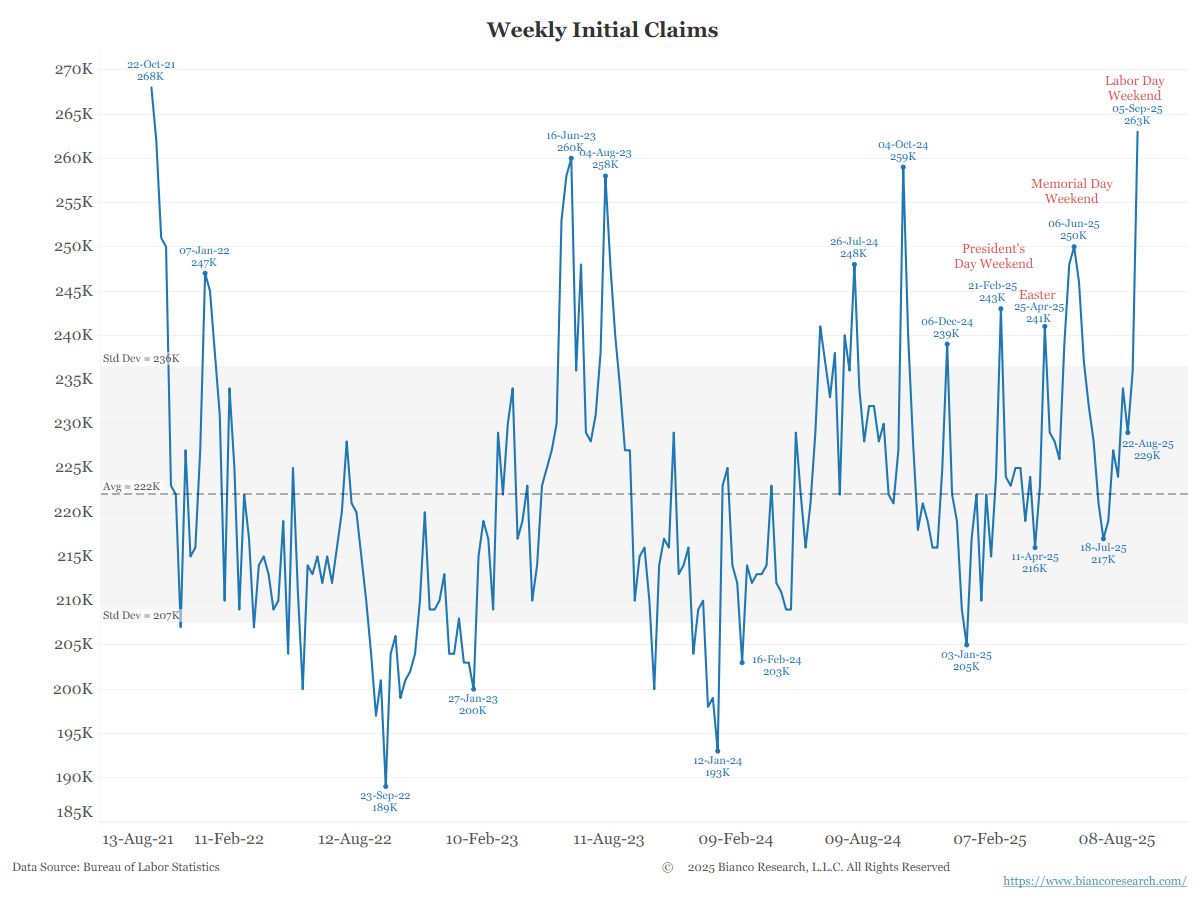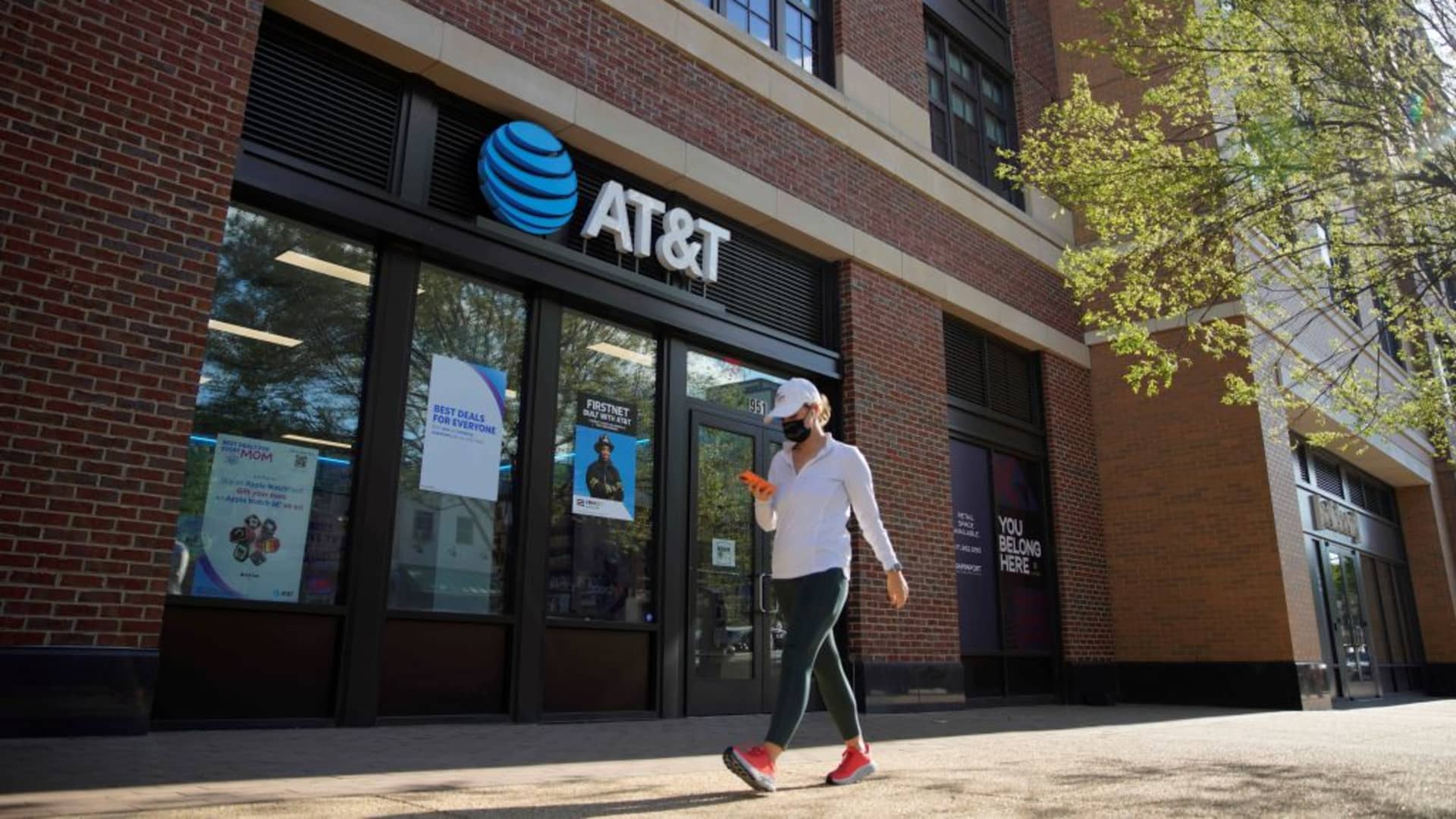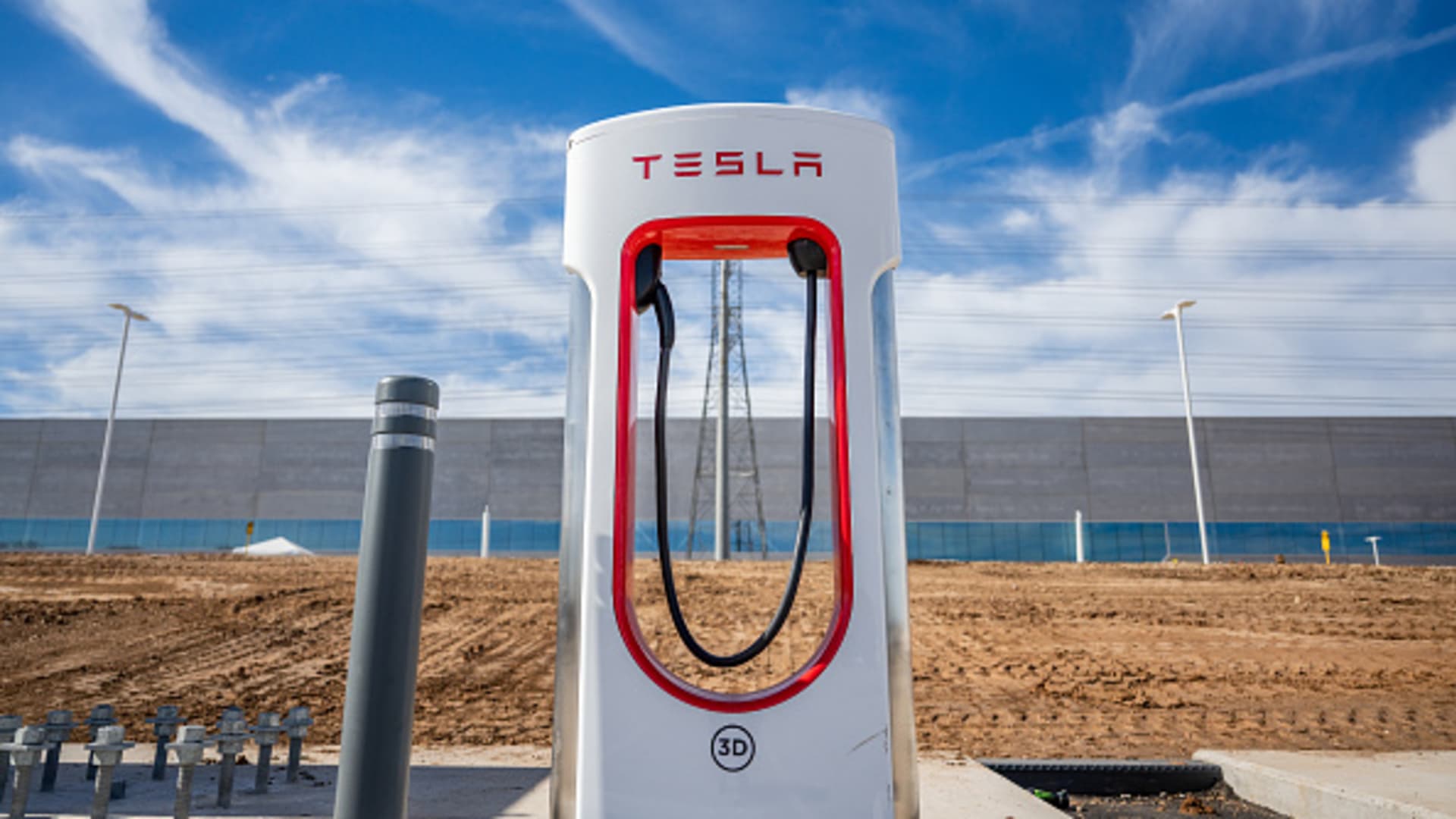Receive free UK economy updates
We’ll send you a myFT Daily Digest email rounding up the latest UK economy news every morning.
UK consumer confidence rose more than expected in August, helped by lower energy prices and accelerating wage growth.
The consumer confidence index — a measure of how people view their personal finances and broader economic prospects — rose five points to minus 25, recovering most of the ground lost in July and returning to about the levels seen at the start of last year, research group GfK said on Friday.
The figure was stronger than the marginal uplift to minus 29 forecast by economists polled by Reuters.
Consumer confidence “regained momentum this month with a welcome five-point improvement”, said Joe Staton, client strategy director at GfK. “While the financial pulse of the nation is still weak, these signs of optimism are welcome during this challenging time for consumers across the UK,” he added.
Some economists attributed the improvement to an easing of the cost of living crisis. In July inflation dropped to 6.8 per cent, the lowest rate since February last year and down from a peak of 11.1 per cent in October.
Wages increased at the fastest pace on record in the three months to June, rising more quickly than prices for the first time in about a year and a half.
Gabriella Dickens, an economist at Pantheon Macroeconomics, said confidence was boosted by the decline in mortgage rates over the past month, alongside the fall in energy bills in July.
The figures suggest “the cost of living crisis is coming to an end”, said Ruth Gregory, an economist at the consultancy Capital Economics.
However, she warned that “consumer confidence may deteriorate again in the coming months due to further rises in unemployment, falls in house prices and still rising interest rates”.
The Bank of England is expected to raise interest rates in September for the 15th consecutive time since December 2021.
Consumer confidence is an indicator of willingness and ability to spend, which matters for economic growth as household spending accounts for a large part of gross domestic output. It has been undermined by soaring food and energy prices, which surged to multi-decade highs following Russia’s invasion of Ukraine.
The GfK index, based on interviews carried out in the first half of the month, showed that all sub-indices improved in August. Expectations for personal finances over the coming year rose by four points to minus three, the closest to a positive reading since January 2022. Expectations for the economy more generally were also up.
The measure tracking spending intentions rose by eight points, which is “potentially better news for retailers as we move into autumn”, said Staton.
















